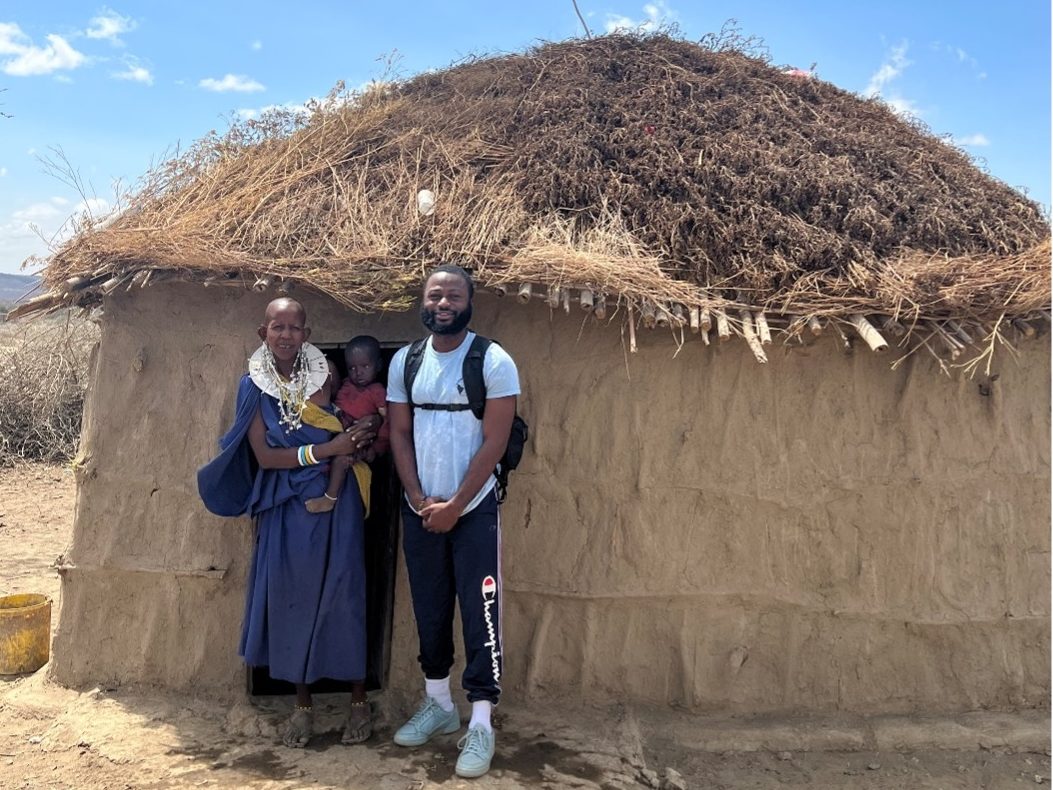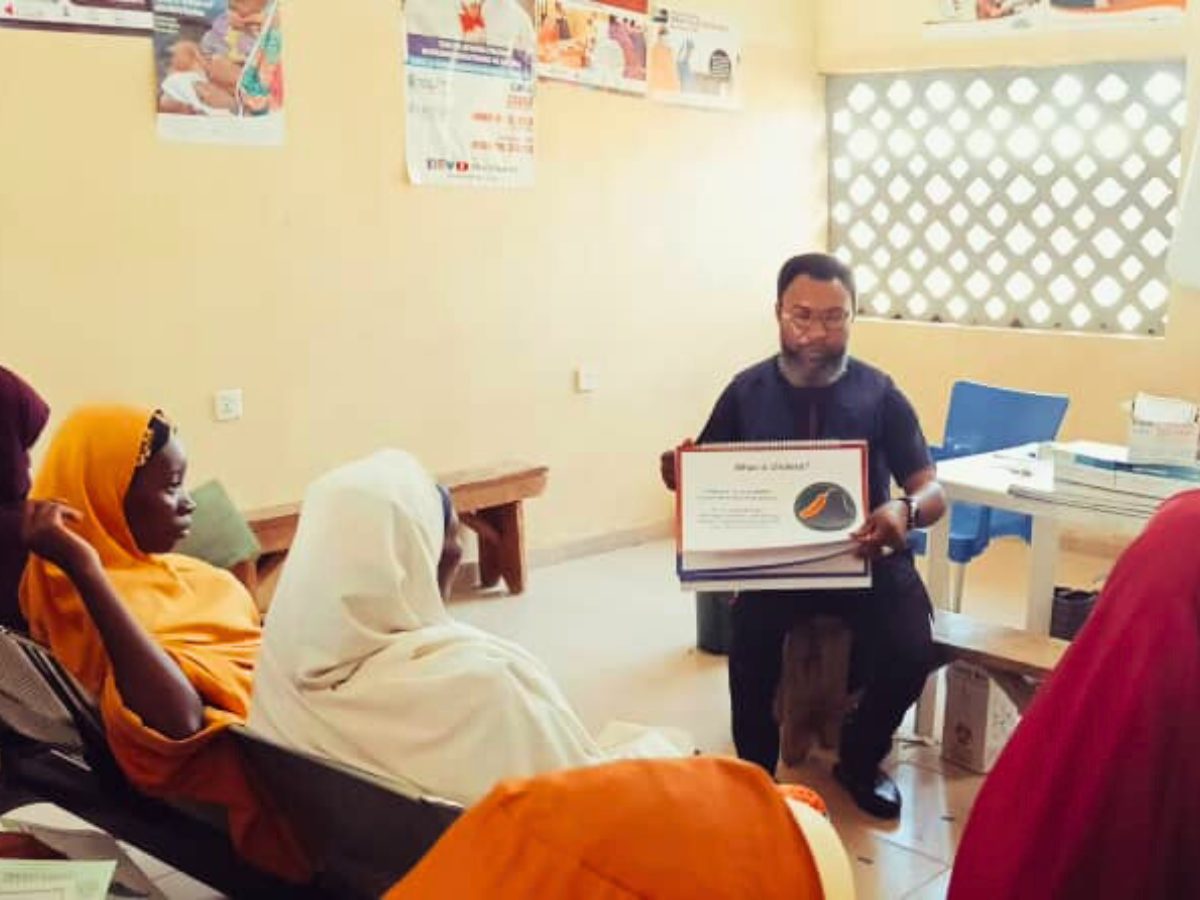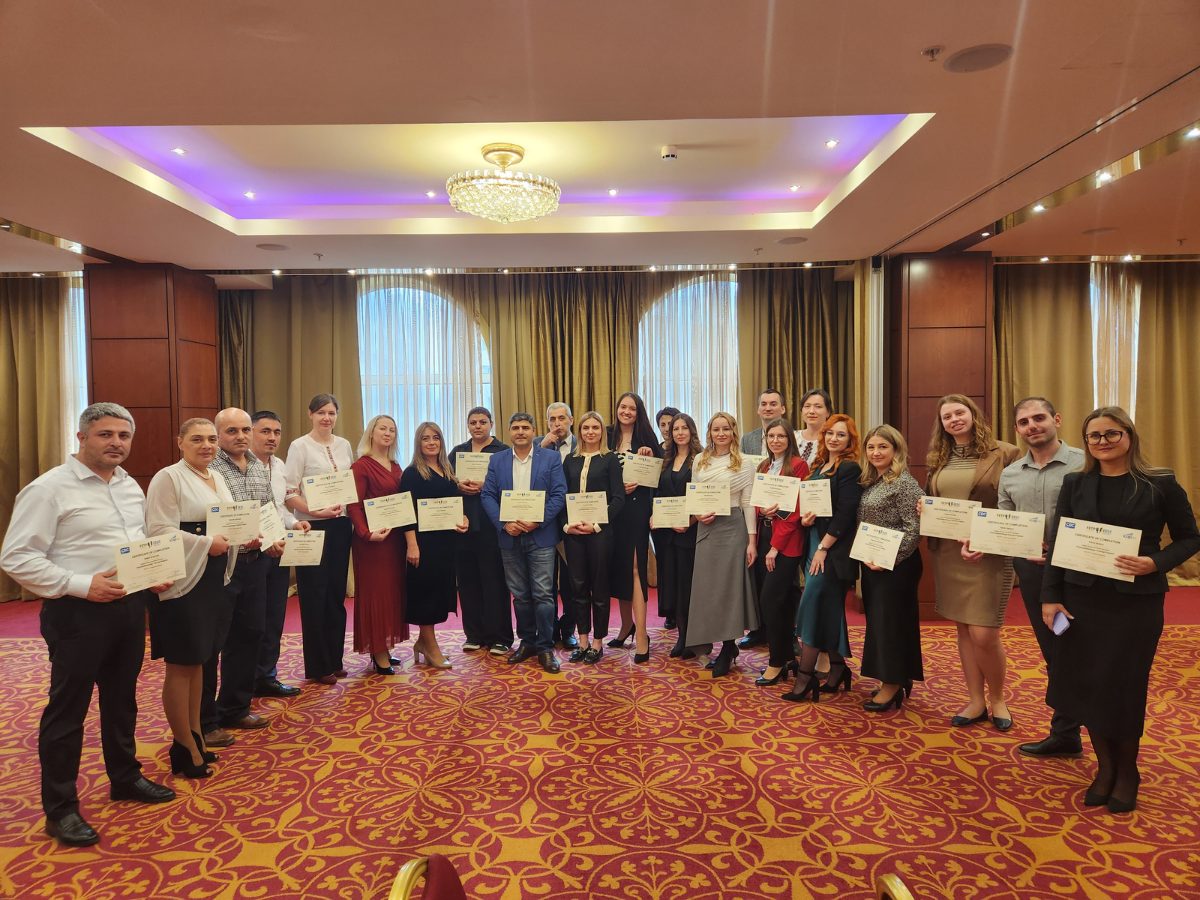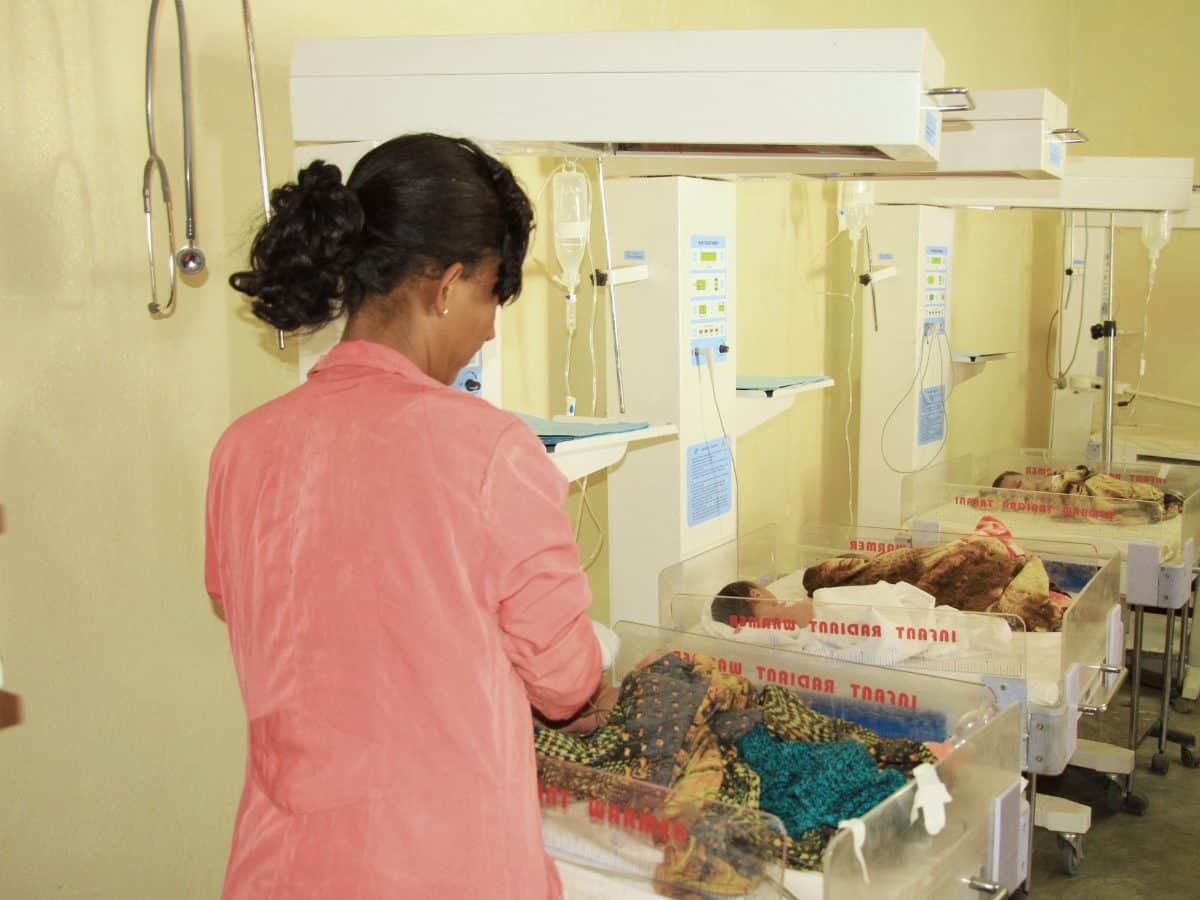On June 1, 2022, I departed the U.S. and after nearly 23 hours in the air, I arrived at the Julius Nyerere International Airport in Dar Es Salaam. Disembarking from the plane, I was tired and exhausted but the excitement and nervousness in my body kept me wide awake. Making my way out of the airport, the warm, slightly humid air felt familiar, welcoming me “home.” This wasn’t my first time in Africa. I was born and raised in Liberia, West Africa, but moved to the United States in 2015. I had longed for the opportunity to return to the continent, especially to engage in meaningful and impactful public health work. From being raised at the end of a devastating civil war and living through an Ebola outbreak in Liberia, I had first-hand experience about how poor infrastructure and an inadequate health system capacity can be detrimental to communities.
I knew little about Tanzania, except what I had seen and heard in the news about the HIV/AIDs epidemic in East Africa, but I was eager to learn and contribute to the project. My experience in Tanzania was relatively stress-free as I quickly grasped the ins and outs of living in Dar es Salaam and working with the THIS team. My work with the survey team exposed me to the process of planning and implementing a national survey, including the intricacies involved in collaboration between different stakeholders and the process of data collection.
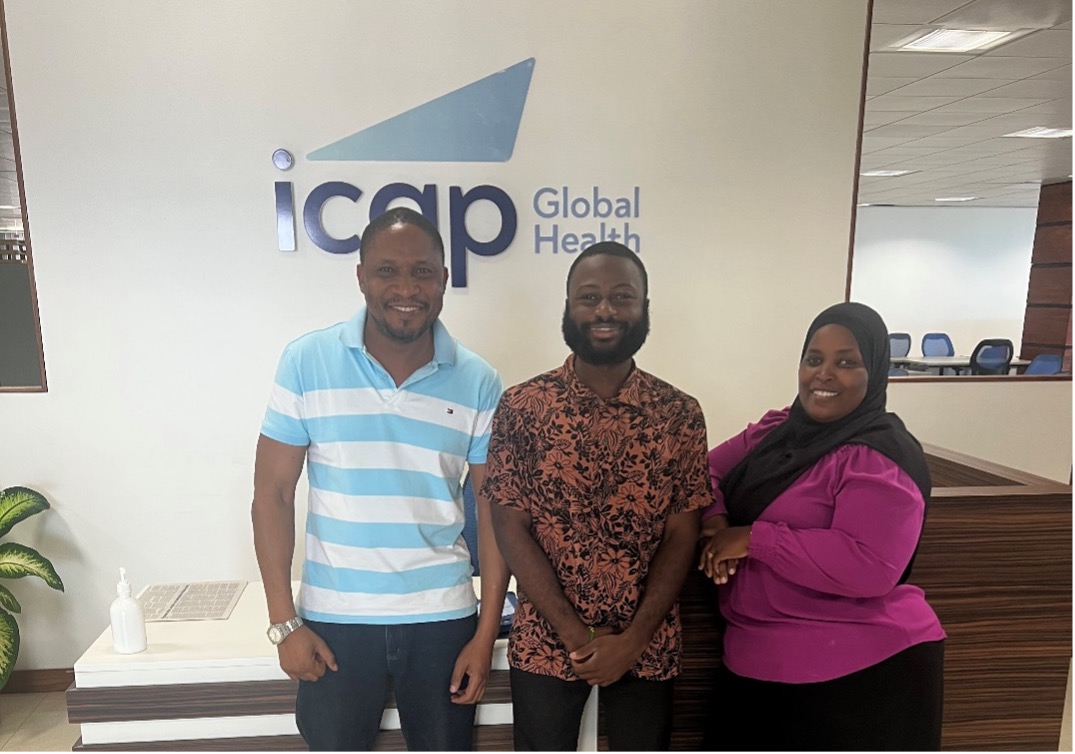
Melvin Coleman visits the ICAP country office in Tanzania.
During my time in Tanzania, I learned and developed both hard and soft skills and was forced to think critically about how to answer questions and approach problems using tools like SAS, a statistical analysis software, and Excel. Early on, I realized that working in the global health setting can be a bit slow-paced, but it was important that I remained flexible and could adapt to the environment. I learned that it was essential to build trust and community with co-workers and with the local population to ensure receptiveness to answering survey questions and to ensure the success of the project. Frequent meetings with different partners were a recurrent theme during my workday, as the need for collaboration and keeping everyone up to date was critical. In my quest to be an integral team member, I even picked up a few Swahili words from my co-workers during our daily visits to restaurants during lunch time.
Working with the THIS team this past summer was one of the best experiences I have ever had and I would do it again if the opportunity arose. My advice to students that want to work in a global health setting is to be adaptable, approach the projects you work on with an eagerness to learn new skills, make meaningful relationships, and contribute with the skills you possess.
About ICAP
A major global health organization that has been improving public health in countries around the world for nearly two decades, ICAP works to transform the health of populations through innovation, science, and global collaboration. Based at Columbia Mailman School of Public Health, ICAP has projects in more than 40 countries, working side-by-side with ministries of health and local governmental, non-governmental, academic, and community partners to confront some of the world’s greatest health challenges. Through evidence-informed programs, meaningful research, tailored technical assistance, effective training and education programs, and rigorous surveillance to measure and evaluate the impact of public health interventions, ICAP aims to realize a global vision of healthy people, empowered communities, and thriving societies. Online at icap.columbia.edu


